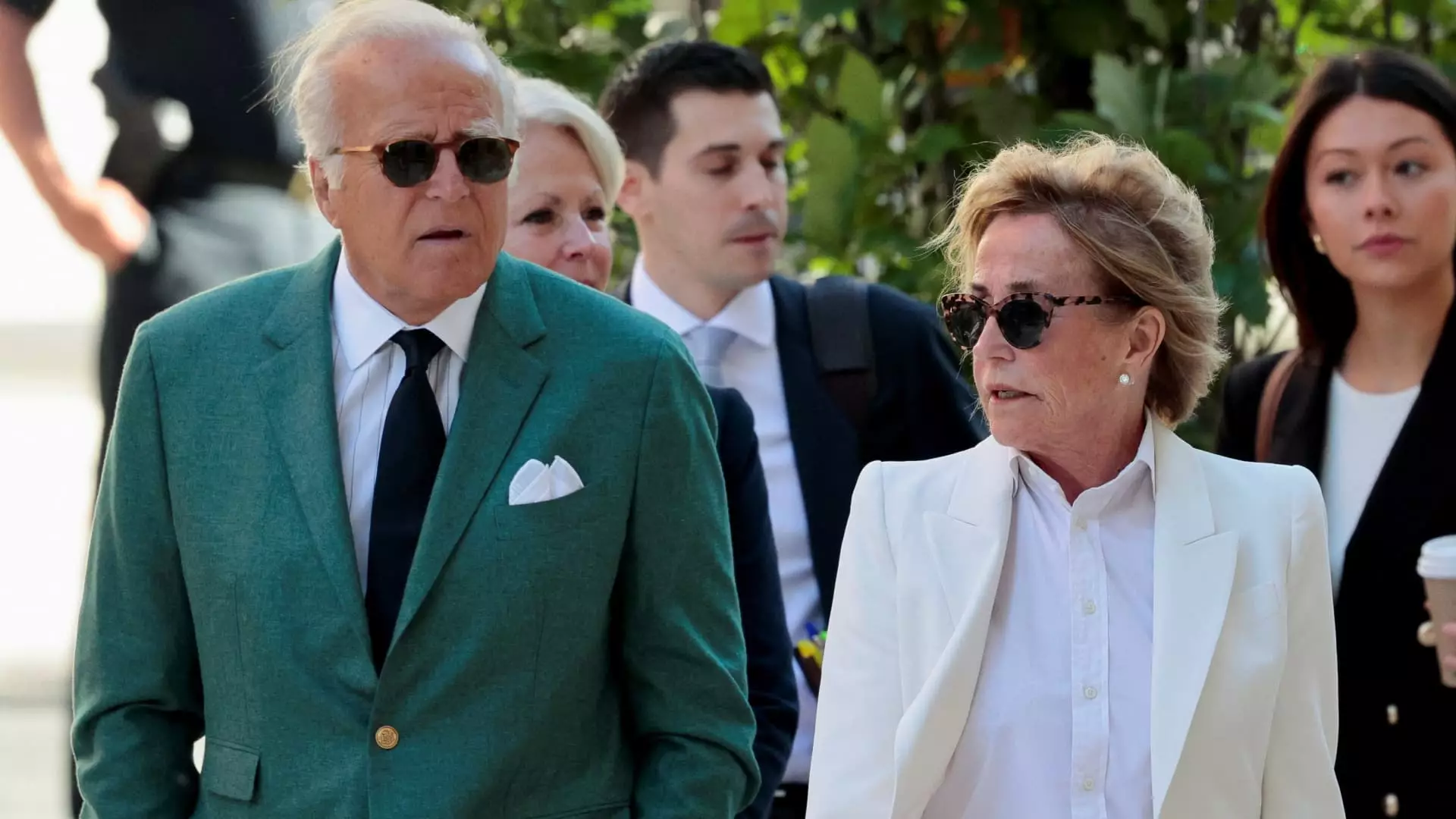In a move that has stirred considerable debate, President Joe Biden recently exercised his prerogative to issue preemptive pardons to several close family members. Timing is significant, as these pardons were made public just before the inauguration of President-elect Donald Trump. The gravity of the situation is underscored by Biden’s emphasis on ensuring the safety and integrity of his family amidst an increasingly polarized political climate. The pardons, which include Biden’s siblings and their spouses, reflect not only personal defense but also a broader concern regarding political persecution based on partisan motives.
Preemptive pardons are relatively uncommon and carry substantial implications. They fundamentally alter the perception of the legal system’s integrity, suggesting that individuals may seek immunity from future prosecution not solely due to their actions, but because of political motivations that may unfairly target them. Biden argued that his family members were subjected to “baseless and politically motivated investigations,” a statement revealing the precarious intersection of politics and justice. This scenario raises serious questions about the objectivity of legal processes when influenced by political agendas.
Biden’s decision to pardon figures like his brother, James Biden, and his sister, Valerie Biden Owens, depended heavily on their familial ties and the public narrative surrounding them. In doing so, he sends a clear message about the potential personal stakes involved when family is implicated in political warfare. This action, while protective, risks normalizing a practice that could, in the long run, erode public trust in the judicial branch of government. The ramifications extend beyond individual cases; they prompt a critical examination of how the justice system is navigated by those in power and their families.
Biden articulated a rationale for these pardons grounded not in legal necessity, but in a response to perceived threats against his family. He described these threats as “the worst kind of partisan politics,” suggesting that political rivalry has reached a point where personal safety and reputation are jeopardized. This narrative taps into a deeper psychological construct within political discourse: the victimization of a public figure. By positioning his family as champions facing unfair assaults, Biden not only defends his loved ones but also frames himself as a leader under siege, further solidifying his support among voters who value familial loyalty and resilience against blatant political opportunism.
Moreover, Biden’s contrasting stance towards his son, Hunter Biden, who faced legal troubles, creates a complex mosaic of familial loyalty versus public accountability. The quick reversal on Hunter’s pardon hints that political dynamics can reshape legal positions, as Biden grapples with the implications of familial ties under public scrutiny.
The impact of investigations and accusations is profound and often irreversible. Biden noted, “the mere fact of being investigated or prosecuted can irreparably damage their reputations and finances.” This statement resonates deeply in a political environment increasingly reliant on public opinion and media portrayal. The effect of each allegation, regardless of its validity, contributes to a media narrative that can ensnare and entrap individuals—often leading to societal condemnation without proper context or fairness.
The concept of reputation in politics cannot be understated; it is a currency that influences successful political careers. Biden’s administration must navigate this murky terrain, ensuring that while his family receives protection from undue scrutiny, the implications of such preemptive measures do not foster a culture where individuals evade accountability by leveraging power.
Biden’s preemptive pardons underscore the intricate relationship between legality, politics, and familial loyalty amidst a backdrop of partisan strife. While aiming to shield his family, Biden opens the door to inquiries about the integrity of the judicial process and the lengths to which political figures will go to defend their kin. As the political landscape evolves, the notion of justice becomes increasingly complex, demanding a vigilant public and a cautious approach to how power is wielded in matters of law. Biden’s actions may provide immediate protection but signal a need for systemic reflection on the interplay of politics and justice, lest the ideals of fairness and accountability diminish further in the public’s conscience. This situation illustrates not just familial bonds but the broader implications of power dynamics and their ramifications within the realm of democracy.

Leave a Reply